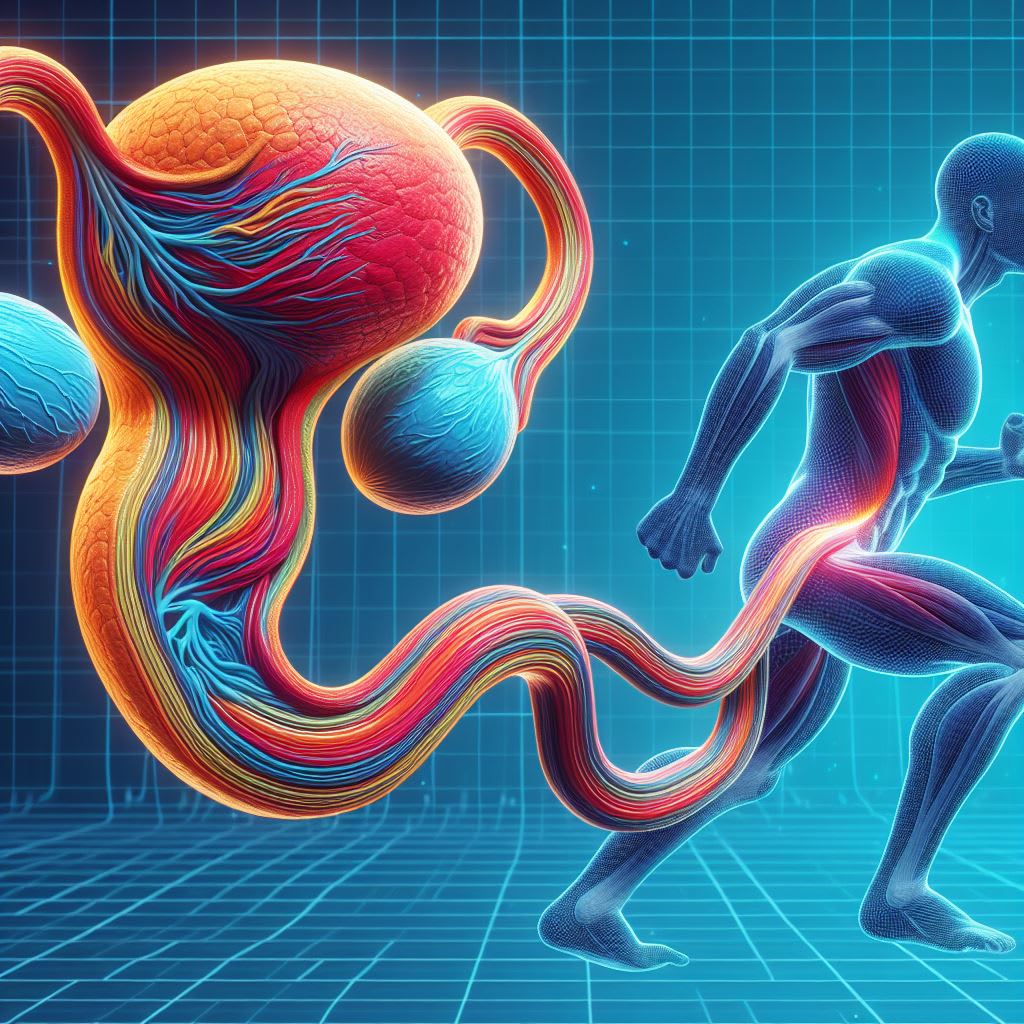What Happens If You Hold Your Pee In For Too Long
Exploring the Consequences of Urinary Restraint

Imagine sitting through an engrossing movie, clutching a large soda regretfully as the need to relieve yourself builds. Should you hold it in, risking potential consequences, or succumb to the call of nature? As we venture into the intriguing world of urine dynamics, we unveil the surprising truths behind maintaining bladder control and the perils of exceeding its limits. Join us on an engaging journey as we explore the science of holding it in and the curious effects it can have on our bodies.
I. The Marvelous Bladder: An Elastic Reservoir
We begin by unraveling the miracles of the bladder, a remarkable organ responsible for storing and eliminating urine from our bodies. Understanding its anatomy and function reveals that while a well-functioning bladder is capable of comfortably holding one to two cups of urine, certain habits can expand its capacity. We delve into a study that uncovered the astonishing bladder capacities of nurses who consistently held it in due to work constraints. While they seemed unfazed, we explore why it's not advisable to stretch your bladder beyond its limits.
II. Beware the Gatekeepers: The Role of Sphincter Muscles
As we venture deeper into the intricate workings of our urinary system, we encounter the external sphincter muscles, the gatekeepers responsible for controlling the flow of urine. These important muscles, connected to the outside of the bladder, hold the fascinating power to retain or release the golden liquid. However, excessive stretching from prolonged urine retention can compromise their functionality, leading to a loss of control. We delve into the rare yet potentially troublesome outcomes that arise when these muscles are pushed to their limits.
III. The Consequences of Holding It In
Our bodies have mechanisms in place to signal the need for elimination, and ignoring these signals can have adverse effects. We uncover the potential repercussions of chronic bladder stretching, including increased frequency of urination and a serious disorder known as urinary retention. By allowing urine to accumulate for an extended period, harmful bacteria can flourish in our warm, wet bladder, leading to infections and other health complications. In severe cases, kidney failure and even death can occur if urinary retention is left untreated. Urging readers to prioritize their well-being, we emphasize that the risks outweigh the temporary relief of holding it in.
IV. Balancing Restraint and Sensibility
In a lighthearted tone, we acknowledge the desire to stay engaged, be it watching a captivating movie or engrossed in any other activity. While certain situations may warrant short-term urine retention, we emphasize the importance of moderation and avoiding habitual patterns of holding it in. By dispelling alarm, we reassure readers that brief periods of restraint are unlikely to result in dire consequences. However, we stress the need to listen to our bodies and respect their signals for maintaining optimal bladder health.
Conclusion:
As we conclude our journey into the fascinating science of holding it in, we are reminded of our remarkable bodily systems and their delicate balances. The intricate interplay between the bladder, sphincter muscles, and the complex dynamics of urine management highlight the importance of maintaining a mindful approach to bodily needs. While fleeting moments of restraint can be tolerated, chronic urine retention poses serious risks that should not be taken lightly. In the grand scheme of things, it's wise to prioritize our well-being over temporary distractions, ensuring a harmonious coexistence with our bodies. So, the next time nature calls, let us heed its gentle summoning and find solace in knowing that a brief trip to the bathroom is a small price to pay for our overall health and comfort.





Comments
There are no comments for this story
Be the first to respond and start the conversation.